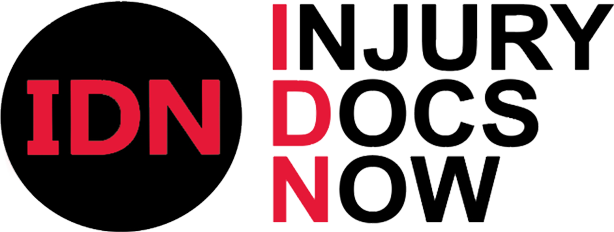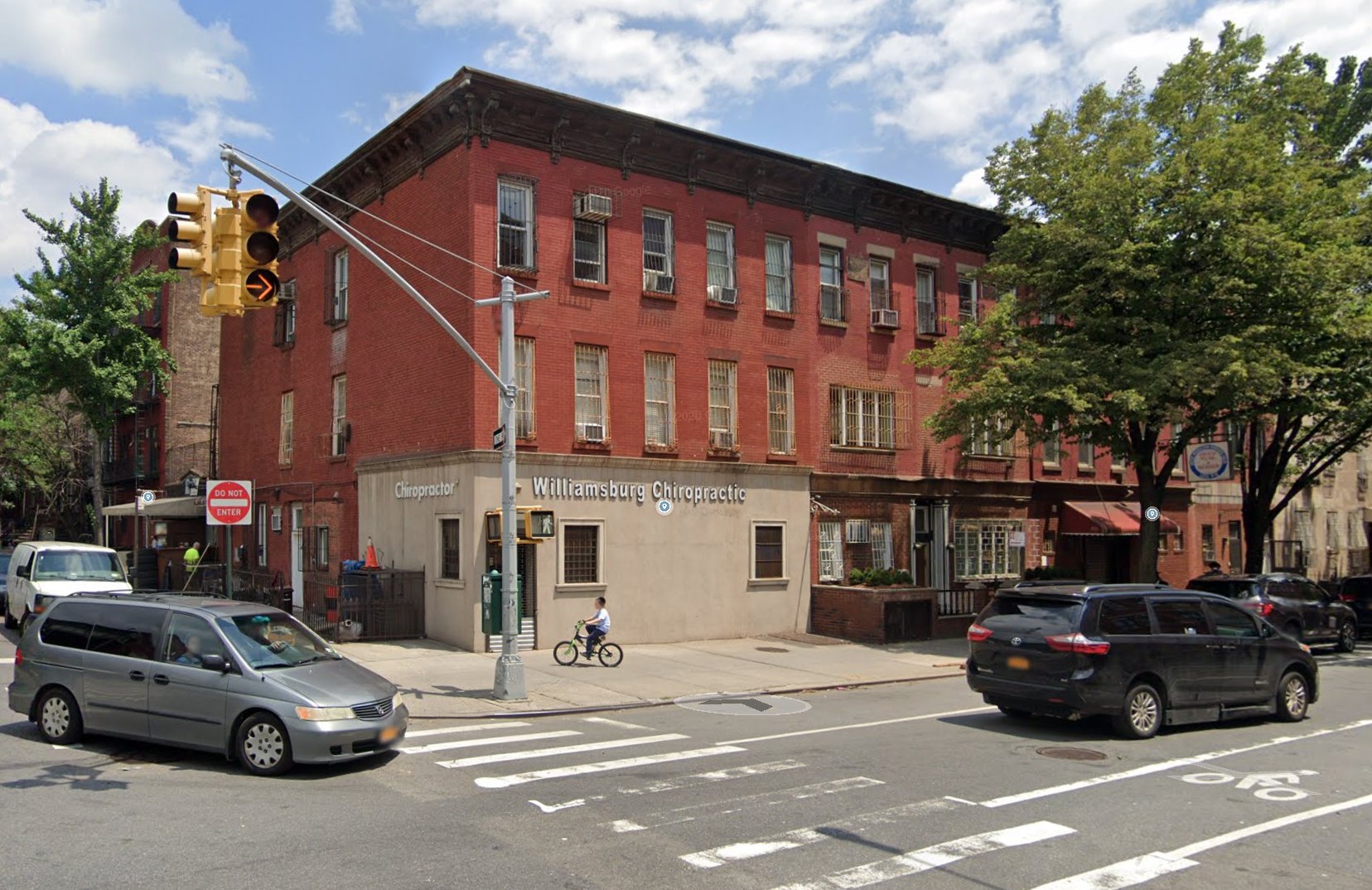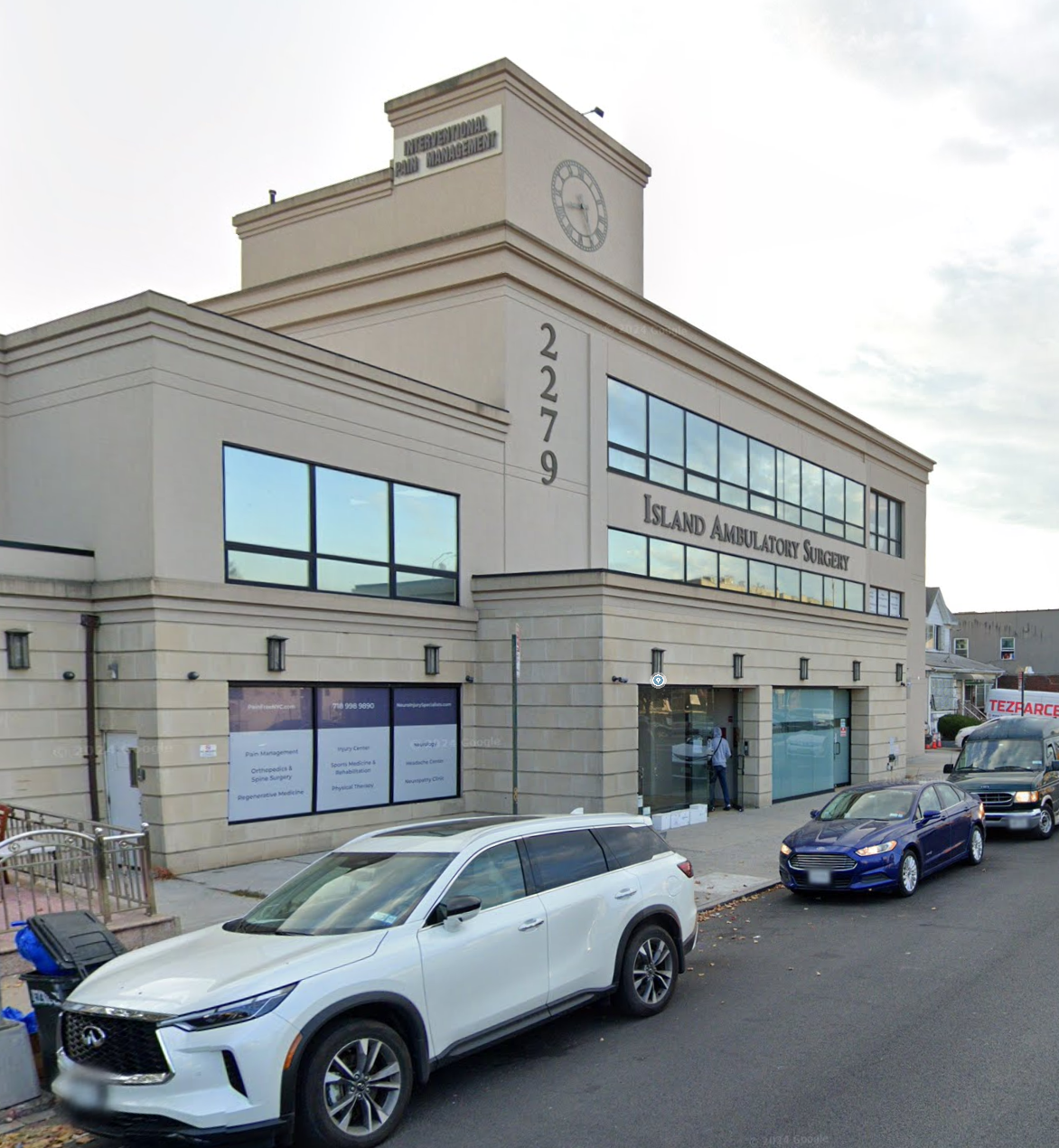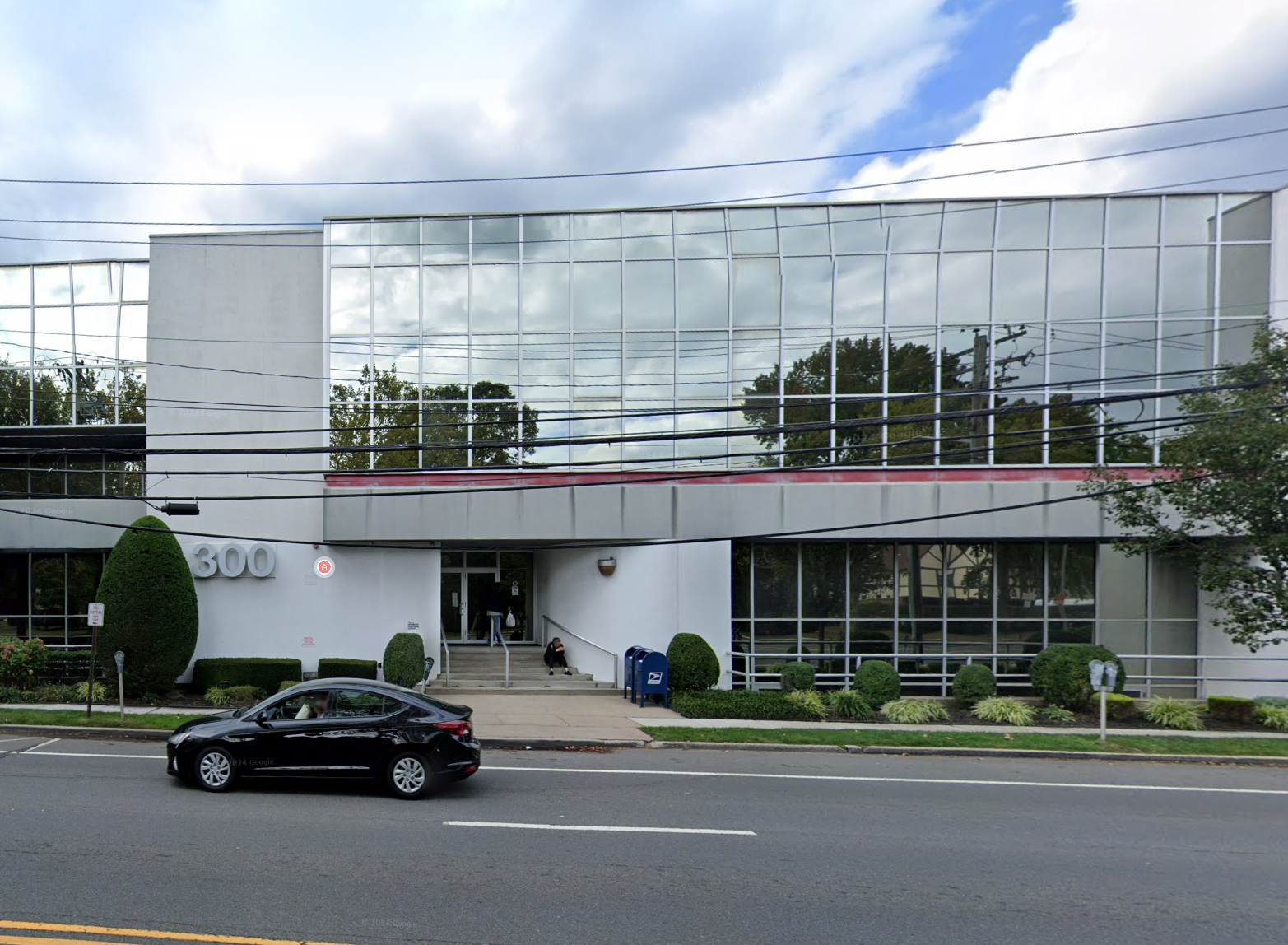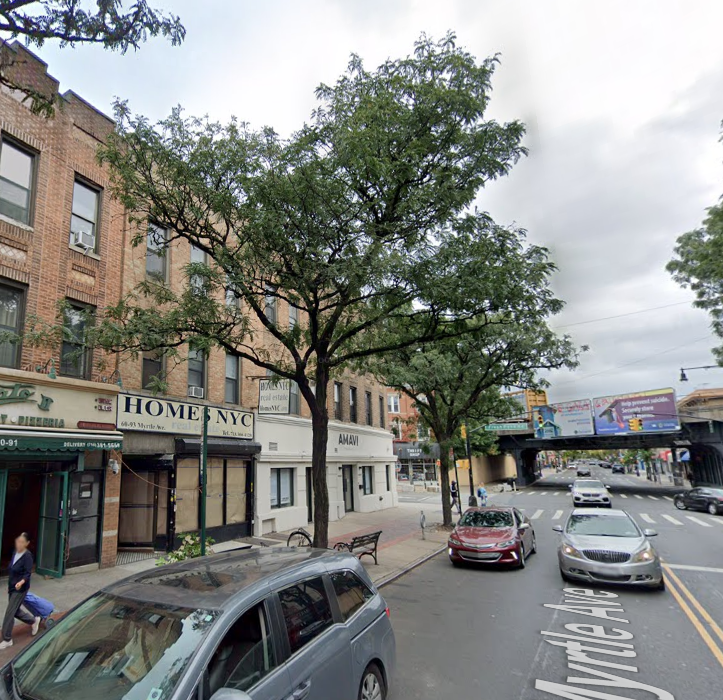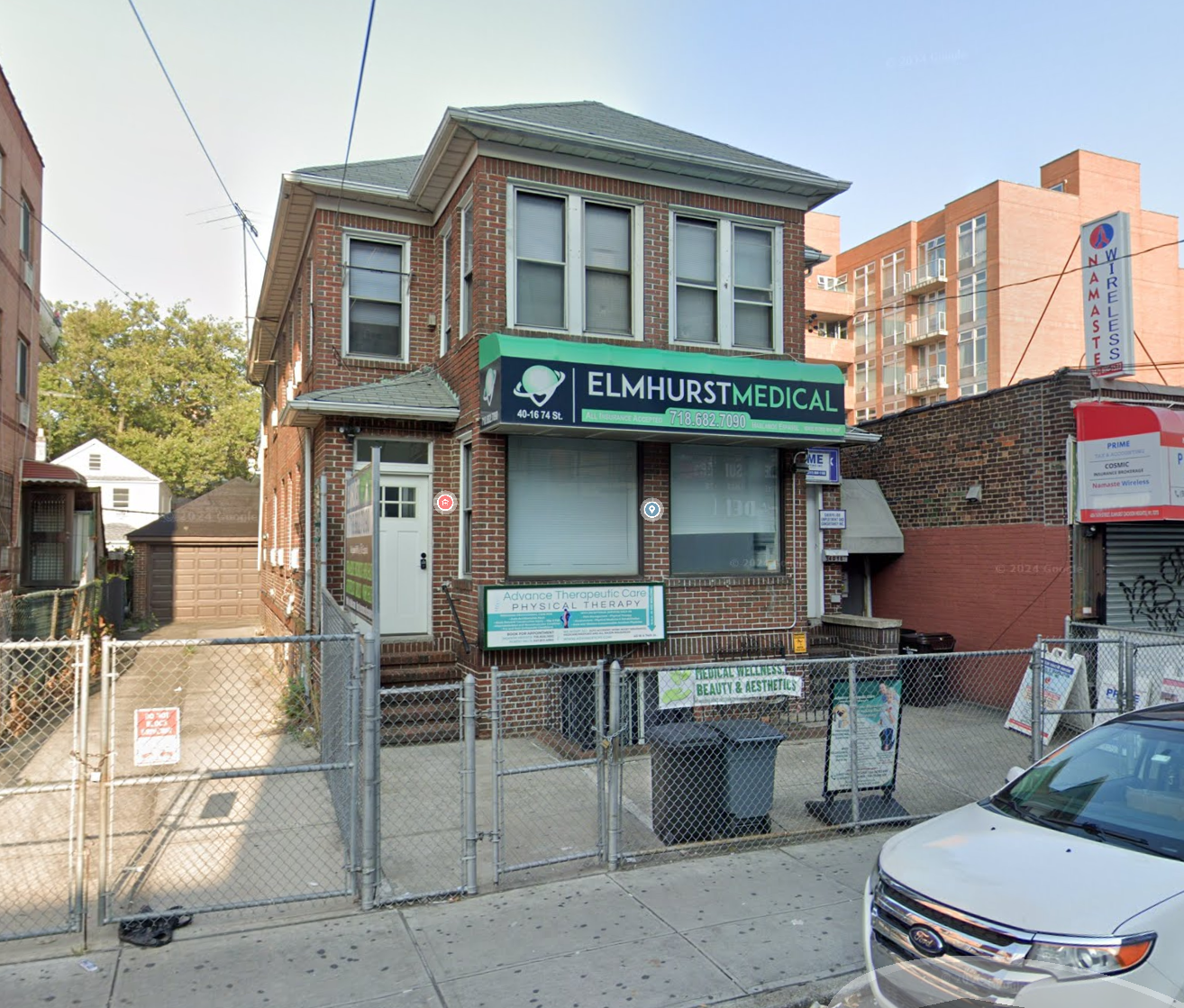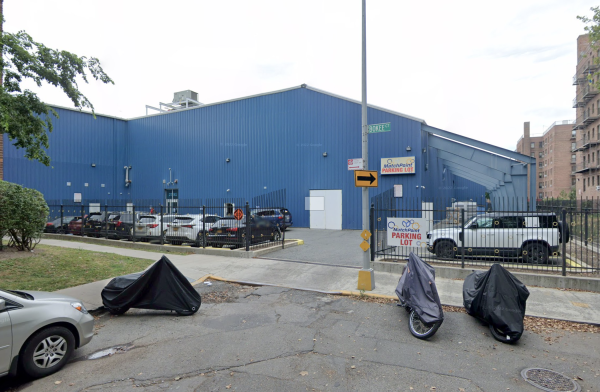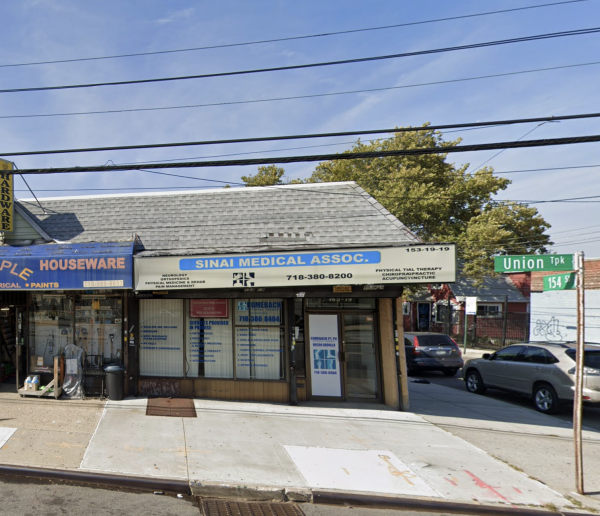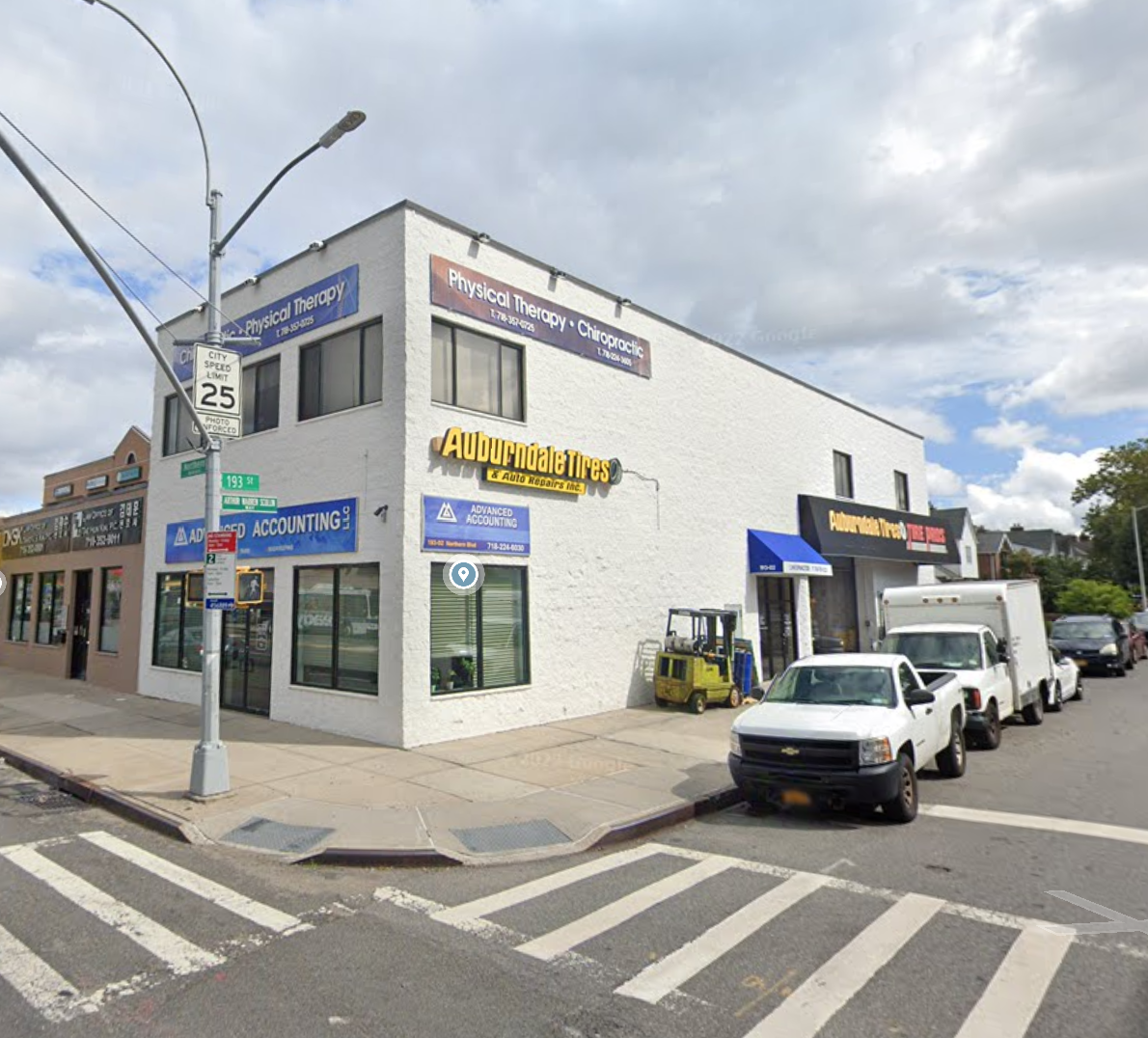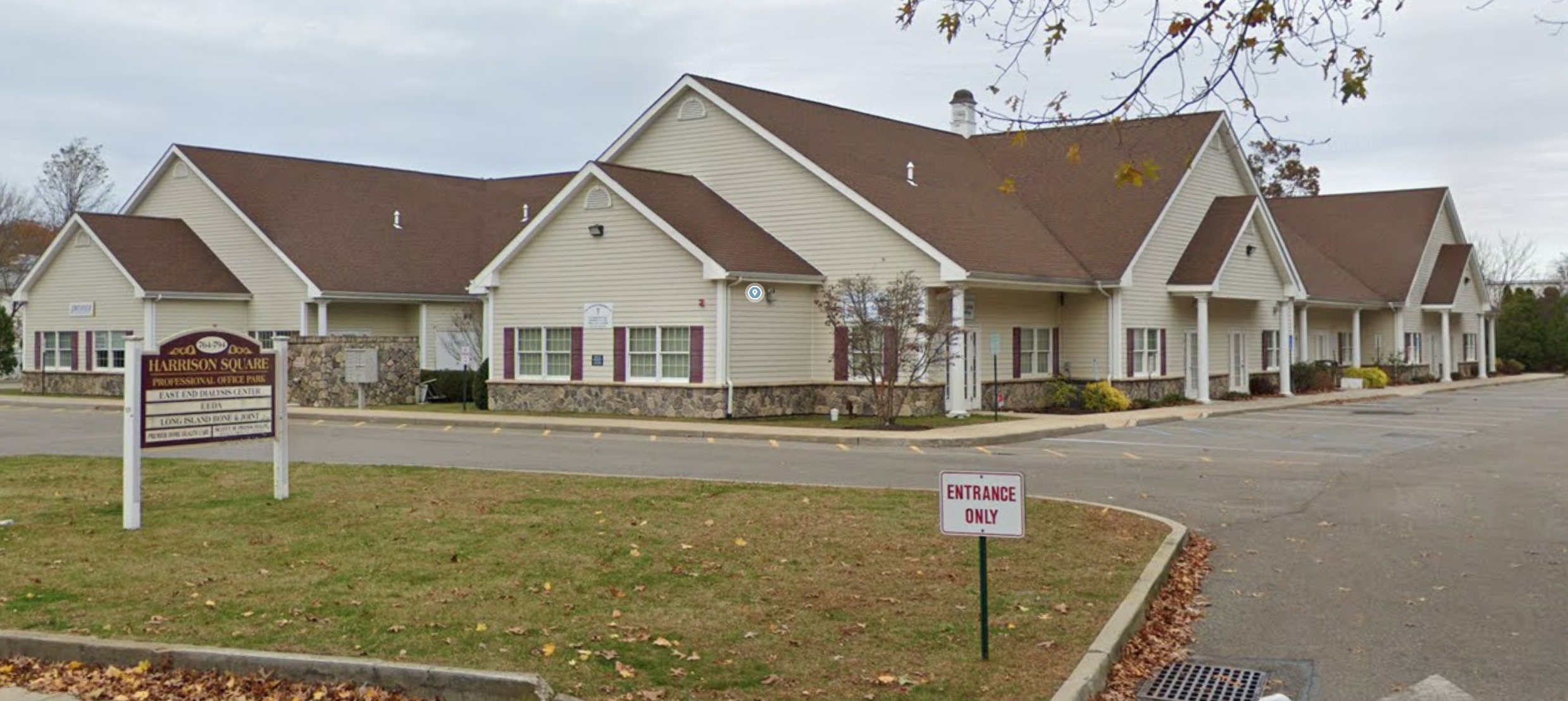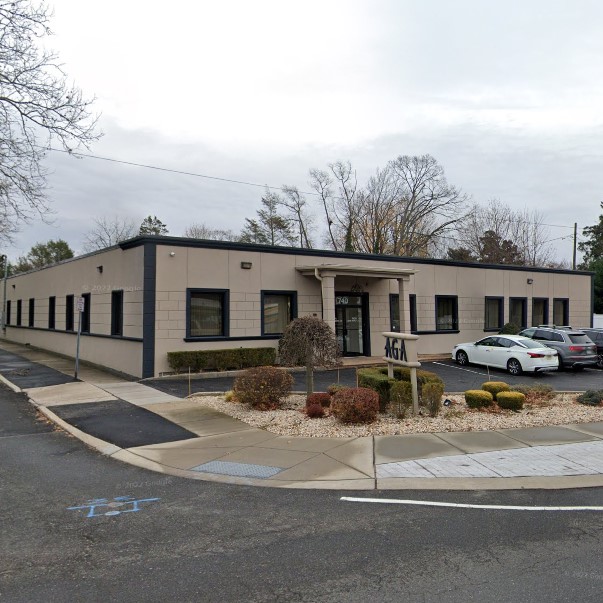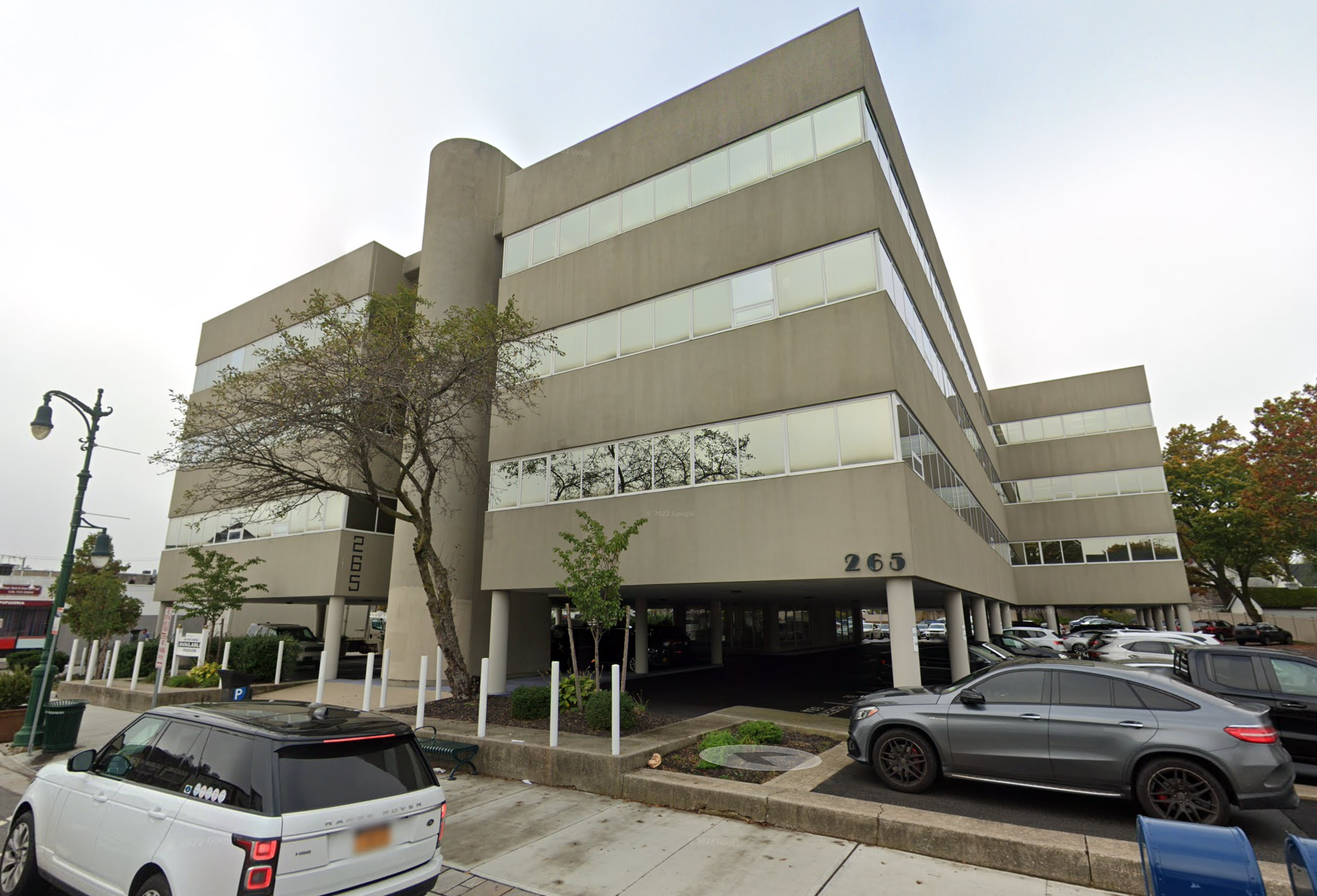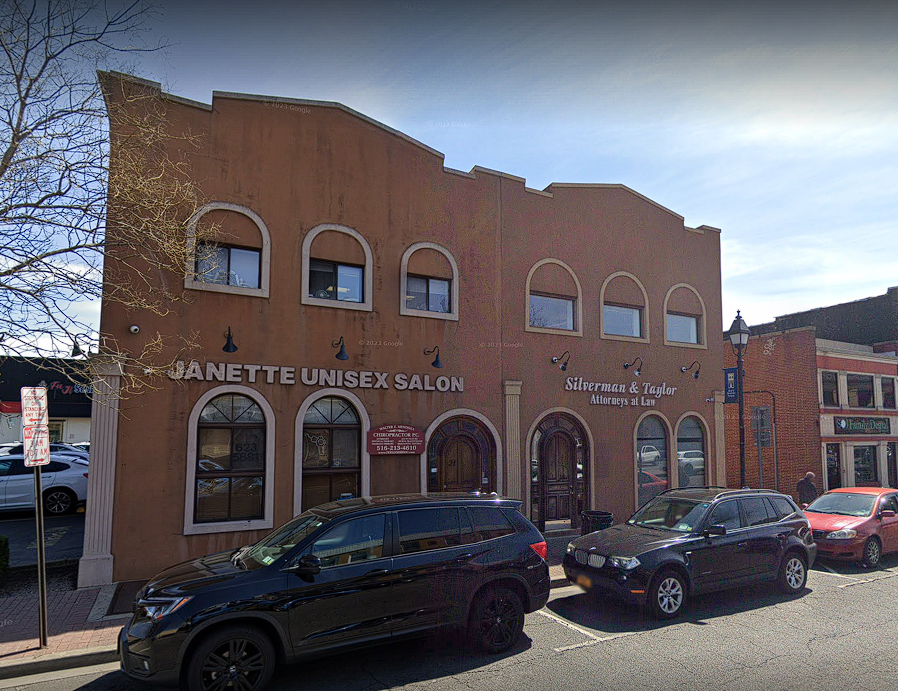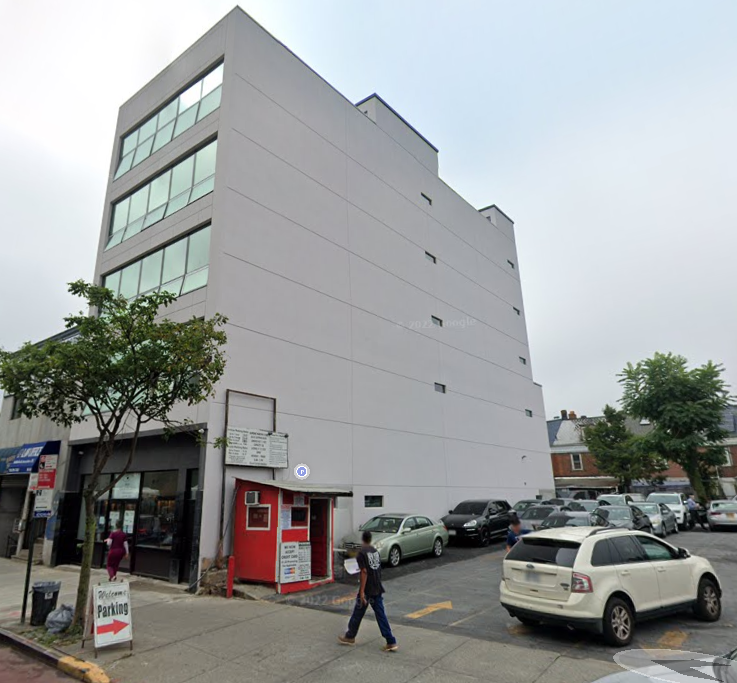
Understanding Concussions from Car Accidents
Concussions are a form of mild traumatic brain injury (TBI) that is particularly common in motor vehicle accidents. Recognizing the symptoms early can be crucial for effective treatment and preventing long-term complications. This post aims to educate readers about the signs of a concussion and appropriate steps for treatment following a car accident.
What is a Concussion?
A concussion is a type of injury to the brain that occurs after a head injury. Common during events such as auto accidents or contact sports, concussions can cause a temporary loss of brain function, leading to physical, cognitive, and emotional symptoms. The Centers for Disease Control and Prevention (CDC) classifies concussions as a significant public health concern due to their potential severity and the widespread nature of traumatic brain injuries.
Identifying Concussion Symptoms
Recognizing the signs of a concussion can be challenging, especially as they may not appear immediately. Symptoms can develop over days or weeks, including headaches, confusion, dizziness, and nausea. It is crucial to note that a person does not need to lose consciousness to have a concussion. Other symptoms may involve changes in sleep patterns, mood disturbances, or sensitivity to light and sound, indicating the onset of post-concussive syndrome.

First Steps After a Concussion
If you suspect a concussion following a motor vehicle accident, it is crucial to act quickly. Avoid further injury by ensuring that no drugs or alcohol are consumed, as these can worsen the symptoms. Contact a healthcare professional immediately—even if the symptoms seem mild—as concussions can escalate without proper medical attention.
Medical Evaluation and Diagnosis
During medical evaluation, healthcare providers may use imaging tests such as CT scans or MRIs to assess the extent of the brain injury. The Centers for Disease Control and Prevention emphasize the importance of early diagnosis in managing mild TBI effectively. Accurate assessment helps in understanding the impact and planning the appropriate course of treatment to prevent long-term damage.


Treatment Options
Rest and Recovery: The cornerstone of concussion treatment is rest. This includes physical and cognitive rest, which means limiting any activity requiring mental concentration or physical exertion. This rest period helps the brain recover and reduces the risk of exacerbating symptoms.
Medication Management: While no specific medication can cure a concussion, certain drugs can be used to manage symptoms. Pain relievers can handle headaches, but it’s important to use them judiciously per a doctor’s advice to avoid complications. In some cases, sleep aids may be prescribed if insomnia is a problem.
Therapeutic Approaches: Cognitive behavioral therapy or physical therapy might be recommended for persistent symptoms like memory problems, difficulty concentrating, or emotional disturbances. These therapies assist in managing the symptoms and facilitate a return to normal activities.
Follow-Up Care: Regular follow-ups with healthcare providers are crucial to monitor recovery and prevent long-term issues such as post-concussive syndrome, which can last for months or even longer if not properly managed. During these appointments, treatment plans may be adjusted based on the progression of recovery.
Educational Resources: Patients are often provided with information about the potential effects of a concussion and guidance on how to identify complications. Education plays a critical role in the management of concussions as it helps patients and their caregivers understand the importance of adhering to the treatment plan.
Returning to Daily Activities
Gradual Resumption of Activities: Returning to daily routines should be a slow and measured process after a concussion. Initially, short periods of activity can be increased gradually as long as they do not provoke symptoms. This includes light physical exercise and cognitive tasks.
Monitoring Symptoms: It is crucial to monitor for any recurring or new symptoms that may arise during the recovery process. If symptoms such as headaches or dizziness return or worsen, it’s important to cease activities and consult a healthcare provider.
Work and School Adjustments: Depending on the severity of the concussion and the type of work or academic demands, it may be necessary to modify workloads and receive accommodations to ensure a safe return to work or school. Communication with employers and school officials is key to managing expectations and workload during recovery.
Driving and Operating Heavy Machinery: Patients are advised to avoid driving and operating heavy machinery until a medical professional has cleared them. The risk of causing another accident or exacerbating the injury is too high without medical approval.
Guidance from Health Professionals: Throughout the recovery process, ongoing support and guidance from healthcare providers are essential. They can provide specific recommendations based on an individual’s progress and symptoms.
Prevention Tips

Proactive Measures: Implementing safety measures can significantly reduce the risk of concussions, particularly from auto accidents. Wearing a seat belt, using appropriate child safety seats, and ensuring functional airbags are critical safety steps.
Home Safety: To prevent falls, which can lead to head injuries, install window guards and ensure that living spaces are free of hazards that could cause trips and falls. This is especially important in homes with elderly or young children.
Sports Precautions: For those involved in high-risk or contact sports, wearing the proper protective gear, such as helmets, is essential. Educating athletes and coaches about concussion prevention and the importance of reporting and responding to head injuries is also crucial.
Vehicle Maintenance: Regularly maintaining a vehicle to ensure it is in safe operating condition can prevent accidents. This includes checking brakes, tires, and lights, which are vital for safe driving.
Awareness and Education: Understanding the risks and symptoms associated with traumatic brain injuries, sharing this knowledge with family and friends, and advocating for community safety can help decrease the incidence of concussions.
These preventative measures reduce the likelihood of a concussion and contribute to overall safety and wellness in daily activities and environments.

Comprehensive Response to Concussions Post-Auto Accident
Understanding the symptoms of a concussion and the appropriate responses after a car accident is vital for preventing long-term damage. By following the guidelines outlined by the Centers for Disease Control and Prevention and consulting with healthcare professionals, individuals can ensure they receive the care needed to manage this mild TBI effectively.
Get Expert Help Now
If you’re experiencing symptoms of a concussion following a car accident, it’s crucial to consult a healthcare professional immediately. Contact InjuryDocsNow to connect with top no-fault injury doctors specializing in treating traumatic brain injuries. Our expert team is ready to guide you through your recovery process, ensuring you receive the care you need without the stress of handling insurance claims alone. Don’t wait—ensure your health is in professional hands.
Contact us today to schedule your appointment.
Frequently Asked Questions About Concussions Post-Car Accident
What are the initial signs of a concussion after a car accident?
Early signs include headache, dizziness, confusion, and temporary loss of consciousness. It’s important to monitor any changes in behavior or physical function.
How soon should I see a doctor if I think I have a concussion?
Immediately. Even if symptoms seem mild, quick medical evaluation is crucial to prevent complications and assess the injury’s severity.
Can InjuryDocsNow help me find the right specialist for my concussion?
Yes, InjuryDocsNow connects you with top no-fault injury doctors specialized in treating traumatic brain injuries like concussions. We facilitate appointments quickly to ensure timely care.
What should I avoid doing if I suspect a concussion?
Avoid strenuous activities, bright lights, loud noises, and consuming alcohol or drugs. Rest is key to recovery; further impact or stress can worsen your condition.
